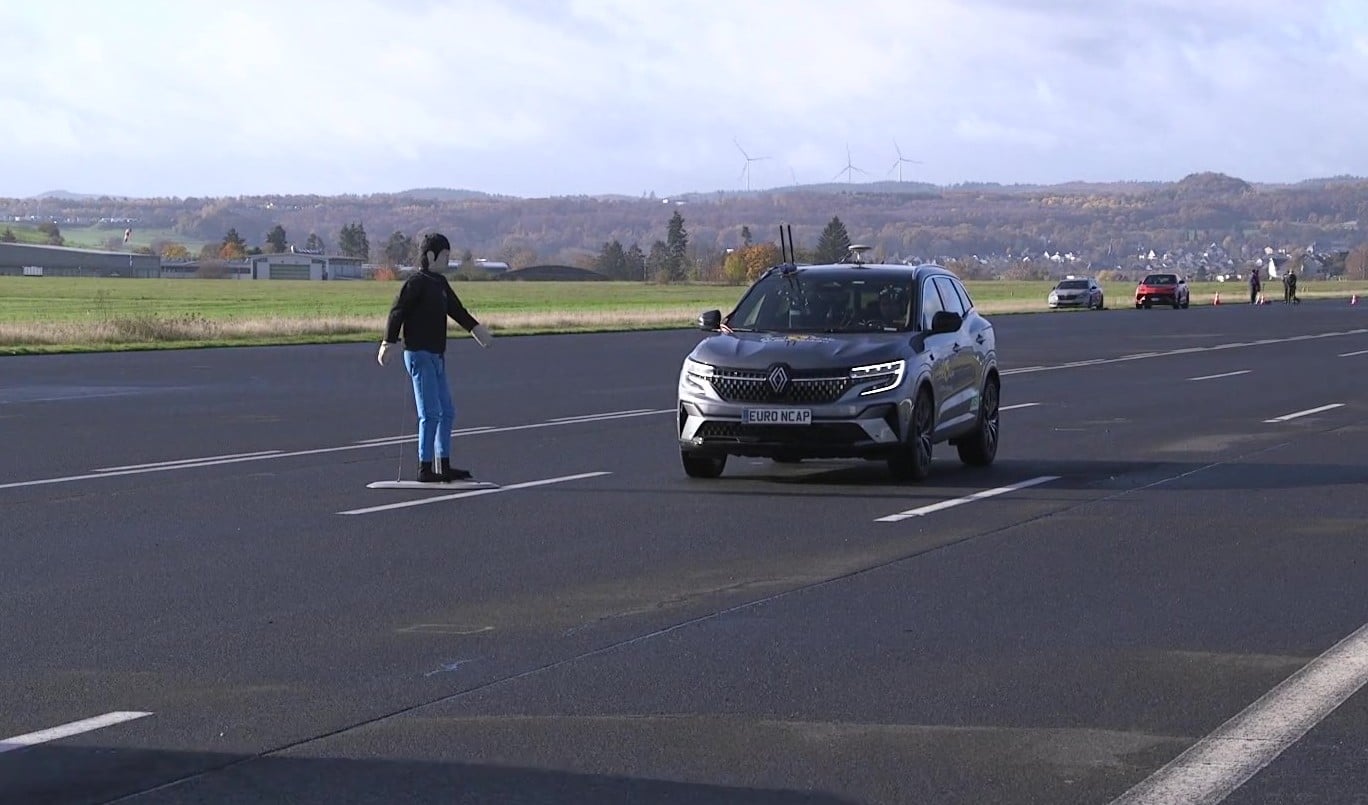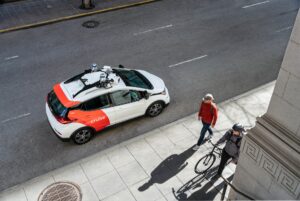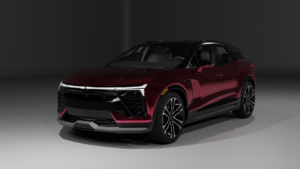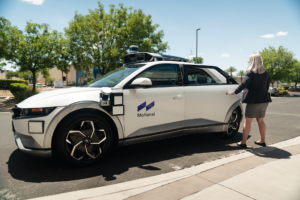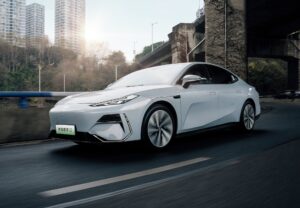Euro NCAP has released new gradings for assisted driving systems in three vehicles, highlighting the current state and potential of self-driving technologies in the European car market.
What’s Happening
Euro NCAP, as part of its rating program, is evaluating Assisted Driving technologies present in new vehicles. These systems, currently available in around 90% of new cars, play a pivotal role in fostering the successful operation of automated cars. The recent release of ratings included three vehicles: the Renault Austral, Nissan Ariya, and Alfa Romeo Tonale.
Why It Matters
Accidents due to unintentional lane departure or running into the vehicle ahead are the two most common mishaps that can occur while driving on highways. Assisted Driving systems are helping address these situations by maintaining the car within its lane, ensuring safe distance from other vehicles, and effectively addressing driver fatigue and distraction. However, it is crucial to understand that these systems are designed to assist the driver and not replace them, encouraging a balanced, collaborative approach.
Key Points
While these systems make significant contributions to safe driving when used correctly, miscommunication or misuse can increase risks. To evaluate these systems, Euro NCAP conducts rigorous track-based assessments, reviewing aspects such as the vehicle’s steering and braking competencies, the system’s collaboration level, and the car’s response to potentially dangerous situations. The grading is comprehensive, encompassing assistance competence, which includes driver engagement and vehicle assistance, and safety backup, which measures the vehicle’s response when systems fail.
The latest ratings revealed impressive performances from the Renault Austral Active Driver Assist and the Nissan Ariya ProPILOT Assist systems, both achieving ‘Very Good’ gradings. The Austral’s system scored the highest among Renault’s Assisted Driving systems tested by Euro NCAP. Both cars excelled in collaborative driving tests and demonstrated a high level of responsiveness to road features.
Bottom Line
While the Alfa Romeo Tonale’s Active Driving Assist received a ‘Moderate’ grading due to misleading marketing material, it still showcased a balanced system with reasonable levels of Vehicle Assistance, Driver Engagement, and good Safety Back-up scores. Emphasizing the importance of a balanced, collaborative approach between the vehicle and driver, Euro NCAP is keen on witnessing how new cars meet its extended protocols applicable to assisted driving in different conditions, set to be introduced next year. Dr. Michiel van Ratingen, Secretary General of Euro NCAP, advocates for the drivers’ eyes to always be on the road, hands primarily on the wheel, and no over-reliance on these systems.

